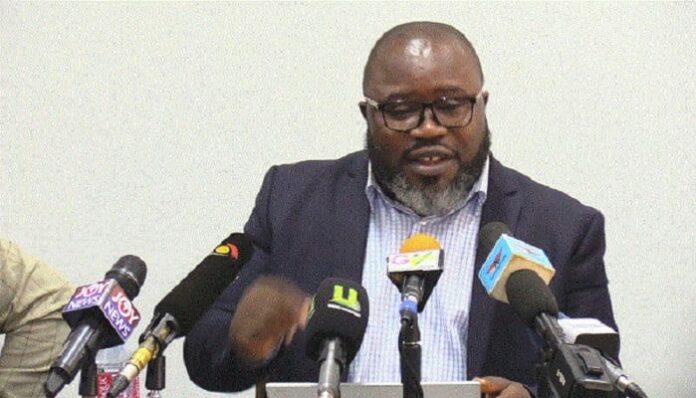The Africa Education Watch (Eduwatch) has suggested to the Ministry of Education (MoE) to, in the short-term, target the free Senior High School (SHS) policy to focus more on the needs of children from the poorest households using data from the Livelihood Empowerment Against Poverty (LEAP) programme as a point of entry.
Eduwatch stated that under the LEAP programme, the government currently has a database of over 346,019 poor households where cash grants are dispensed bi-monthly as stipends to over one million people.
This, in their view, will enable the government to spend more to cover the full cost of secondary education for students from the lower income quintiles or households, compared to those from the upper-income quintiles.
FINANCIAL BURDEN ANALYSIS OF THE FREE SHS POLICY AND IMPLICATIONS ON EQUITABLE ACCESS
In the medium- to long-term, they further suggested, the MoE must develop and implement a strategy to gradually transition Ghana’s secondary education system from the current boarding-as-a-norm to day-as-norm.
Free boarding secondary education should be reserved strategically for students in underserved communities where there is no reasonable commutable access to a
secondary school. However, parents, who in spite of an opportunity for their wards to be day students for free, still decide to opt for boarding status must pay for its full cost, the education think tank said.
“The MoF must improve the disbursement of funds under the free SHS policy. The timely availability of funds (especially at the school level) to procure. items that were previously ‘smuggled’ into prospectus, is critical to sustain compliance with the current moderate, harmonised prospectus.
“This will also improve the availability of adequate foodstuffs and other Teaching and Learning Resources in schools to reduce the financial burden on some
parents to supply provisions to their wards in school,” Eduwatch recommends in a report titled Financial Burden Analysis of the Free SHS policy and Equitable Access.
The report found out that since the inception of the free SHS policy in 2017, enrolment in secondary schools has increased from 813,448 in 2016/17 academic year to 1.3 million in 2022/23 academic year. In the first six years of the free SHS policy, an average of 422,940 students were enrolled annually compared to an average of 260,490 annual
enrolments for the last six years before the Policy.
About 5.7 million students have so far benefited from the free SHS policy from the 2017/18 to 2022/23 academic year. Between the 2019/20 and 2022/23 academic years, 194,862 candidates did not honour their admissions at first instance into second cycle schools.
Government’s allocation and expenditure. Between the 2017/23 and 2023/24 academic years, a total of GH¢12.88 billion was allocated to the free SHS policy, averaging GH¢ 1.84 billion annually.
Between the 2017/21 and 2021/22 academic years, GH¢5.3 billion was expended on the Policy, averaging GH¢1.06 billion a year. In nominal terms, the annual budgetary allocation to the free SHS policy increased by 639 per cent – from GH¢400 million in 2017 academic year to GH¢2.95 billion in 2023 academic year. However, adjusting for inflation within the period reduces the increment to 443 per cent (GH¢352.8 million in 2017 to GH¢1.91 billion in 2023). Between the 2017/18 and 2021/22 academic years, the average government spending per student under the free SHS policy was GH¢1,241 with parents spending GH¢4,185 per annum.
Budget credibility has been on a continuous decline since the 2018/19. Financial Burden Analysis of the free SHS Policy and Implications on Equitable Access academic year – from 120 per cent in the 2017/18 academic year to 99 per cent in the 2018/19 academic year, 76 per cent in 2019/20 and 58 per cent in 2020/21. In 2021/22, the lowest rate of 51 per cent of approved funds was spent.


